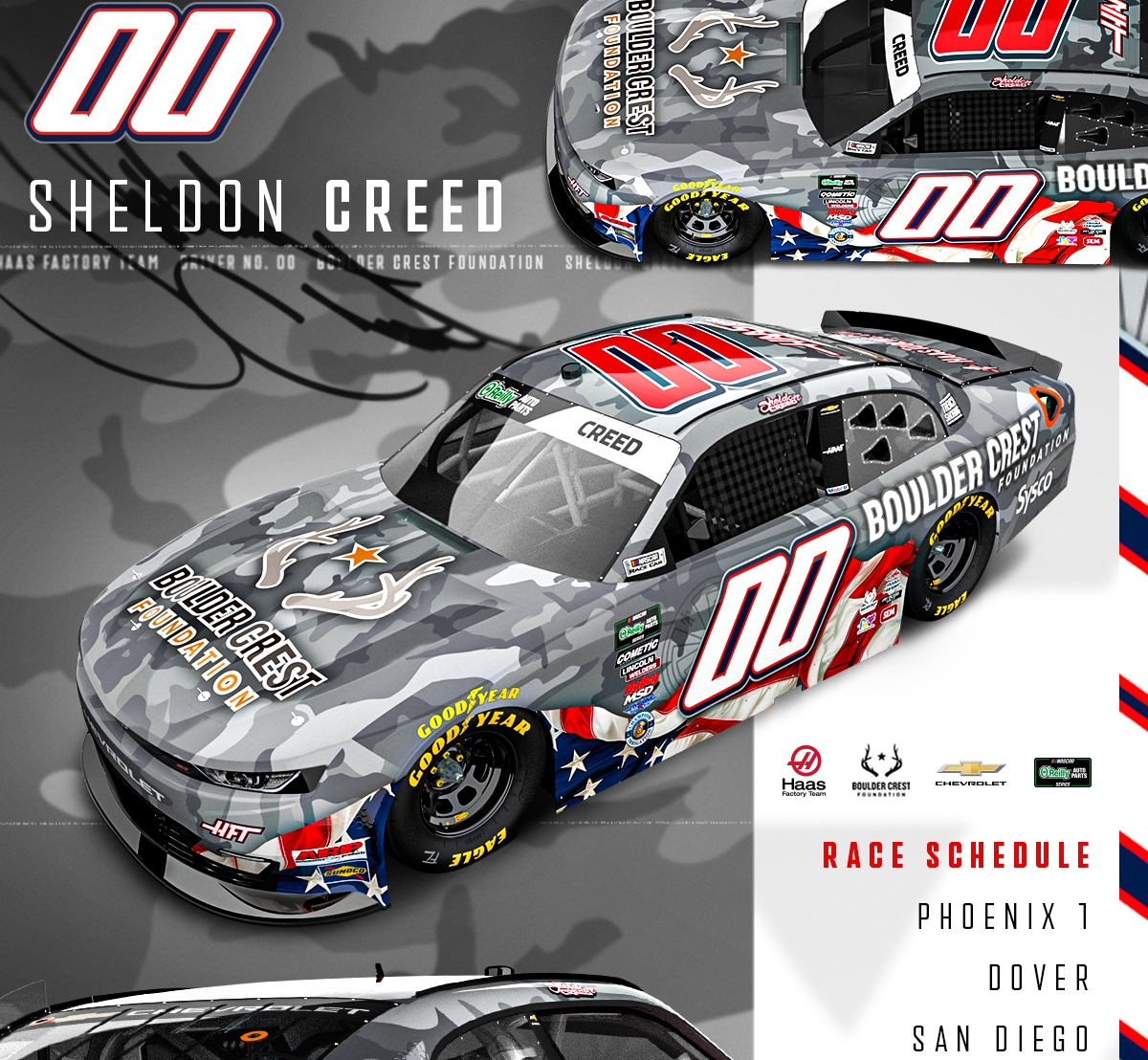language matters
“If we treat people as they are, we make them worse. If we treat people as they ought to be, we help them become what they are capable of becoming.” -Goethe
Language matters. The way our society talks about people when they struggle with mental health challenges is demeaning, devaluing, and dehumanizing. We do not respect people who are struggling with mental health – and we act as though all that these “poor souls” need is for experts to tell them what’s wrong with them. I am proud to be part of the work around Posttraumatic Growth (PTG) that is very user-centered. This honors the journey that led to the development of PTG, and honors all that people have experienced and learned from their struggle and journey of life.
One great example of this shift in language is captured in the story of Jim Rendon, the author of a book called Upside, The New Science of Posttraumatic Growth. Several years ago, we invited Jim to observe a Warrior PATHH program with a group of eight female veterans. He sat through the whole thing and at the end he said, “Josh, can I address the group?” — because I told him his role was to serve as a silent observer for the entire program. I said, “Of course”, and he said, “Those of us in the journalism community almost broke our arms patting ourselves on the back about the fact that we stopped calling people “trauma victims” and started calling them “trauma survivors.” My experience this week has shown me how inadequate that term is: you all are neither victim nor survivor; you are remarkable, capable, incredible, and fierce human beings who’ve earned my lifelong admiration.”
“Those of us in the journalism community almost broke our arms patting ourselves on the back about the fact that we stopped calling people ‘trauma victims’ and started calling them ‘trauma survivors.’ My experience this week has shown me how inadequate that term is: you all are neither victim nor survivor; you are remarkable, capable, incredible, and fierce human beings who’ve earned my lifelong admiration.”
This interaction underscores the importance of the language we use when speaking about a person as a victim or a survivor — because while it may feel as though these words help, what they really do is place focus on what happened instead of what can happen and what they’re capable of. If we treat people as they are, we anchor them in place. If we treat them as what they can be, we help them lift anchor and open their sails.
What I love about my military and first responder friends is that they don’t see people as static. They see people for who they can be, and they know that change is made possible through training and hard work. They know that when you speak to the strongest part of a human being you can help them tap into that strength and allow them to live amazing lives. They are not what happened to them — they are what they are capable of becoming. In our PTG-based programs, we see our nation’s struggling heroes not as victims or survivors, but as remarkable, capable, incredible, and fierce human beings.
We tell them “we see who you can become and we will walk alongside you and help you become that person.”
Be Well, Do Well, Struggle Well.
Josh Goldberg
Chief Executive Officer
Give strength & hope to those who serve
Your support powers life-changing programs offered at no charge to veterans, military, first responders, and their families. With your help, our Warriors won't just survive — they'll thrive.

